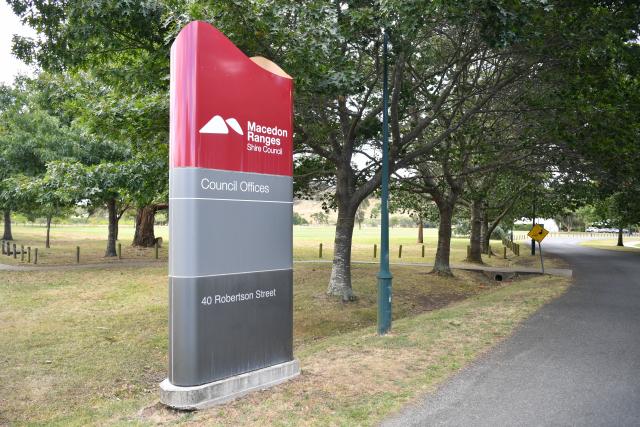Advocates have voiced their concerns at the state of mental health in the Macedon Ranges, as they struggle to identify the cause of the abnormally high rate of suicide in the region.
According to data collected by the Northern Western Melbourne Primary Health Network (NWMPHN) in 2018, the annual suicide rate in the Macedon Ranges (17 per 100,000) was well above the national (11 per 100,000), and state (10 per 100,000) average.
The NWMPHN report states: “The Macedon Ranges is the only municipality that has a rate that is statistically significantly higher than the Australian rate”.
Mental Health Foundation of Australia vice-chairperson Jim Gooden said the Macedon Ranges was “an anomaly” and that further research was needed to understand the issue.
“There’s no real explanation as to why we have this rate that is much higher, it really just skyrockets above the rest of the country,” Mr Gooden said.
“Both depression and alcohol rates are high but not extraordinarily high.
“The area has above average income, in fact people earn a third more in the area than the state average. There’s also a lower than average number of people of Aboriginal heritage or from culturally and linguistically diverse backgrounds.
“All of these things might suggest suicide isn’t a major issue, but that’s not the case.”
As reported by Star Weekly, a survey conducted by mental health organisation Orygen, with help from NWMPHN, found men and boys from the Macedon Ranges face significant barriers to accessing mental health support.
Orygen project lead Simon Rice said the majority of men in the area felt pressure to adopt harmful masculine stereotypes.
“Only 55 per cent of people who responded agreed that males in the region are comfortable seeking out health services when they need support,” Professor Rice said.
“Research shows that adherence to these traditional masculine stereotypes is associated with higher rates of suicide, depression and anxiety, risky behaviours such as drink driving and violence against women.”
Mr Gooden said the Macedon Ranges’ growing demographic of people aged between 15 to 45 was an added concern, as this is the age where death by suicide is most common.
“A lot of money is being spent by big mental health organisations, but they don’t understand the mechanisms and the factors at a local level,” he said.
“You have to have integrated services in the area that local people accept.”
Macedon Ranges resident Shelly Lavery has been working in suicide prevention for the past five years.
As chair of the Macedon Ranges Suicide Prevention Trial Site, Ms Lavery said she felt progress had been made through community projects.
“Usually with a cluster like we see here it can be linked to some sort of event, but that isn’t the case in the Macedon Ranges,”
“[So] community knowledge and reach is absolutely the most important thing.
“We run community awareness programs, as well as peer support groups for bereaved families.
“We’re also involved in local sporting clubs, because we know how masculinity can impact mental health.”
If you need mental health support, contact Lifeline on 13 11 14, or visit the The Macedon Ranges Suicide Prevention Trial Site website: https://bit.ly/3jZl76k







